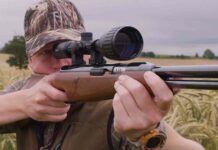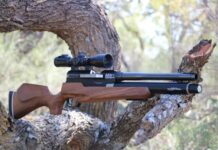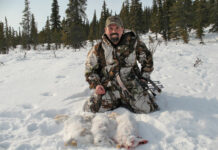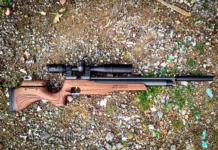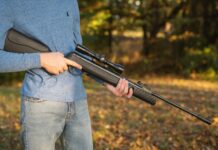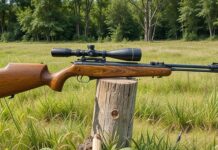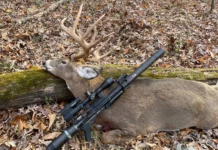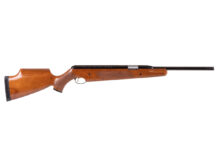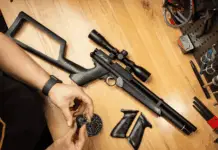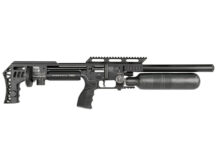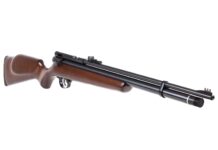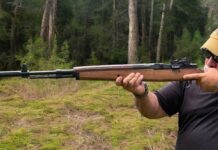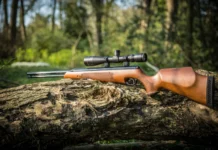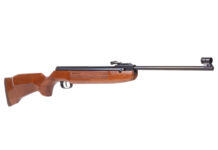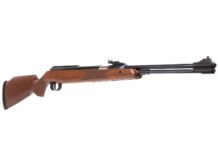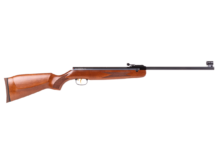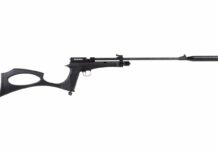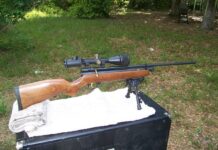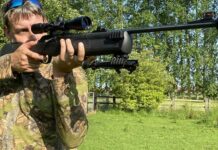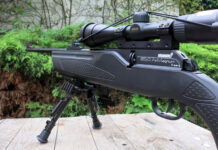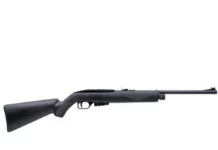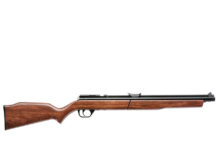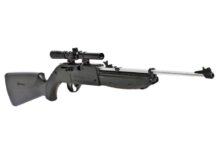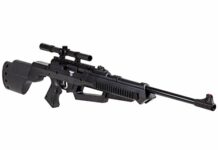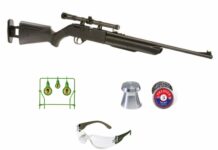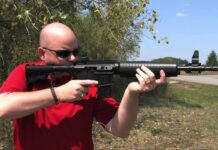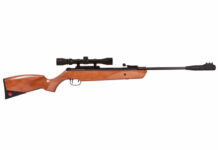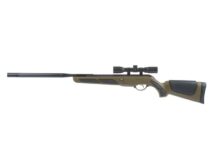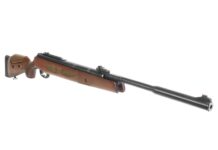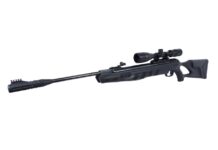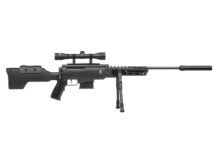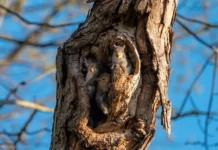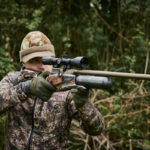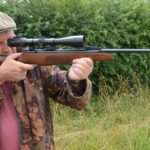Table of Contents
Binoculars for Turkey Hunting
It’s surprising to me how many folks I know who don’t use binoculars for turkey hunting.
Binoculars for Turkey Hunting. Turkey hunters can be a “more gear is better” group of enthusiasts for sure. Most carry multiple pot calls, more mouth calls than you can count on two hands at least one box call, a few locator calls and all the necessary supplies to keep all of that chalked and sanded. Not to mention ratchet trimmers, water bottles, and extra camouflage. But a surprisingly high number of people I know who chase spring gobblers don’t use binoculars for turkey hunting. And I believe that’s a mistake.
What to Look For Binoculars for Turkey Hunting
Turkeys can be surprisingly hard to spot, and they have a very annoying habit of sticking just their head above the tall grass or over a ridge. You have to train yourself to look for the tips of tail feathers or the top of a head. Sometimes they will look like a black shadow ghosting thru thick brush. Late in the season when there are more leaves and taller grass blocking your eyesight is when a having a binocular is even more important.
Patience When Glassing
Turkeys won’t always gobble to your yelps or even the loudest locator calls. So glassing any openings or ridges before you expose yourself will pay off in the long run. I remember plenty of times thinking I had checked a field or opening only to bust turkeys out of it when I made a move. A few extra seconds looking through a binocular would have saved me from a lot of that. I can also remember thinking that a gobbler had moved on long after he quit gobbling only to bump him when I stood up to try a new spot.
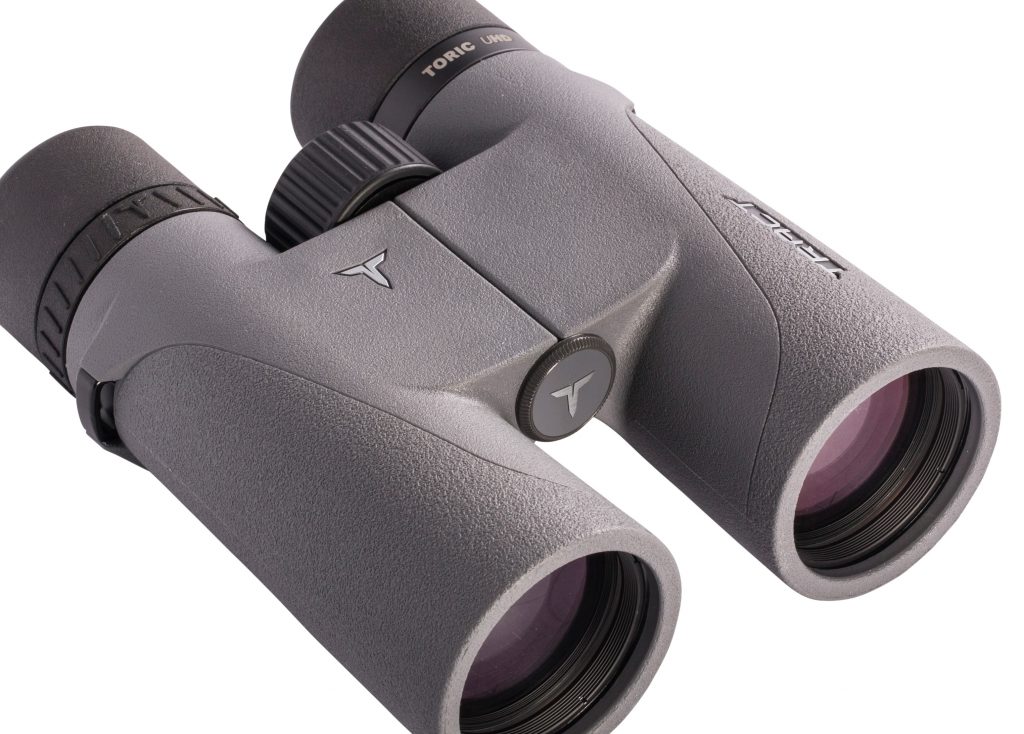
The TORIC 8×42 is an excellent choice for maximum field of view and low-light performance.
Knowing for Sure
I once sat in total amazement at a friend’s willingness to wait on a big timber gobbler gone quiet, only to realize later that while he couldn’t see the tom with his eyes alone, a little discreet glassing with his bino had let him know the bird was still around. There is a huge difference in hoping a bird is still hanging around and knowing. My friend killed that bird because he knew he was there. That hunt solidified my willingness to carry a bino. It’s now a habit to glass my surroundings before moving after working a bird that went quiet.
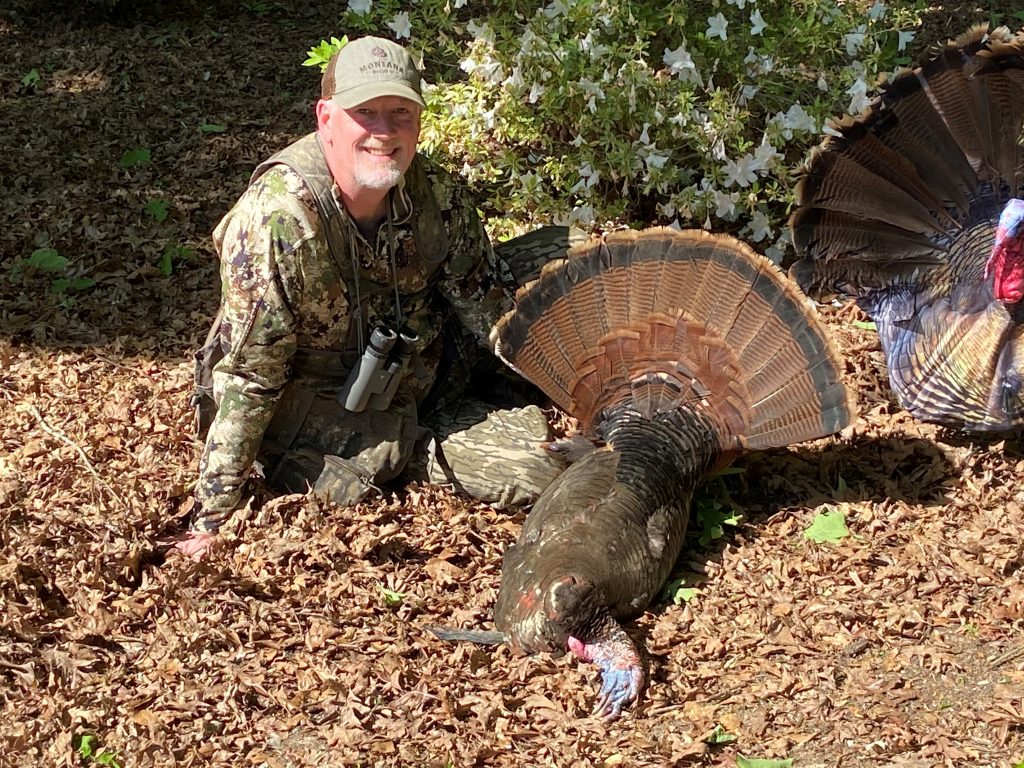
Knowing for sure that the turkey was still there, made all the difference in taking this bird.
Good Intel
Another great time to use binoculars when you’re set up behind the shooter and attempting to call a gobbler in for a close shot. I want to see that tom and observe his body language and also learn if he has other turkeys around. Having that info helps a lot with how I call.
Use a Harness
And don’t carry a little tiny bino that gets put in a pocket and never pulled out. I want mine around my neck just like I’m big game hunting. It’s always there and doesn’t require me twisting and moving to get it out. A simple harness or a strap works fine.
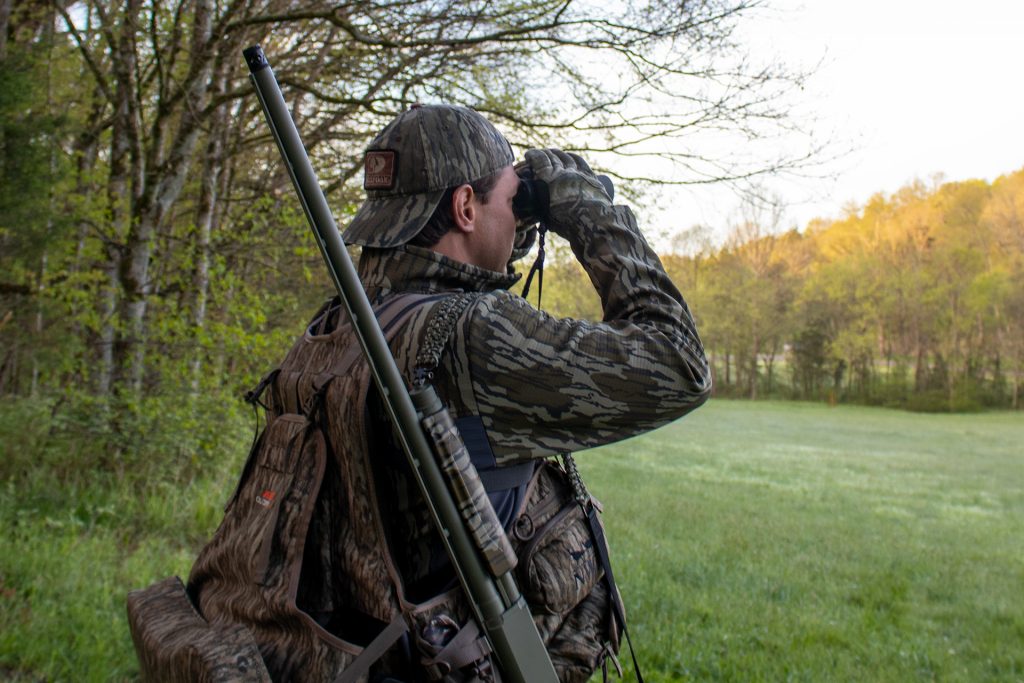
Take your time when using your bino and make your movements slow and measured. You will spot more turkeys with a bino than without and that will make the little extra effort of carrying one an easy decision.
